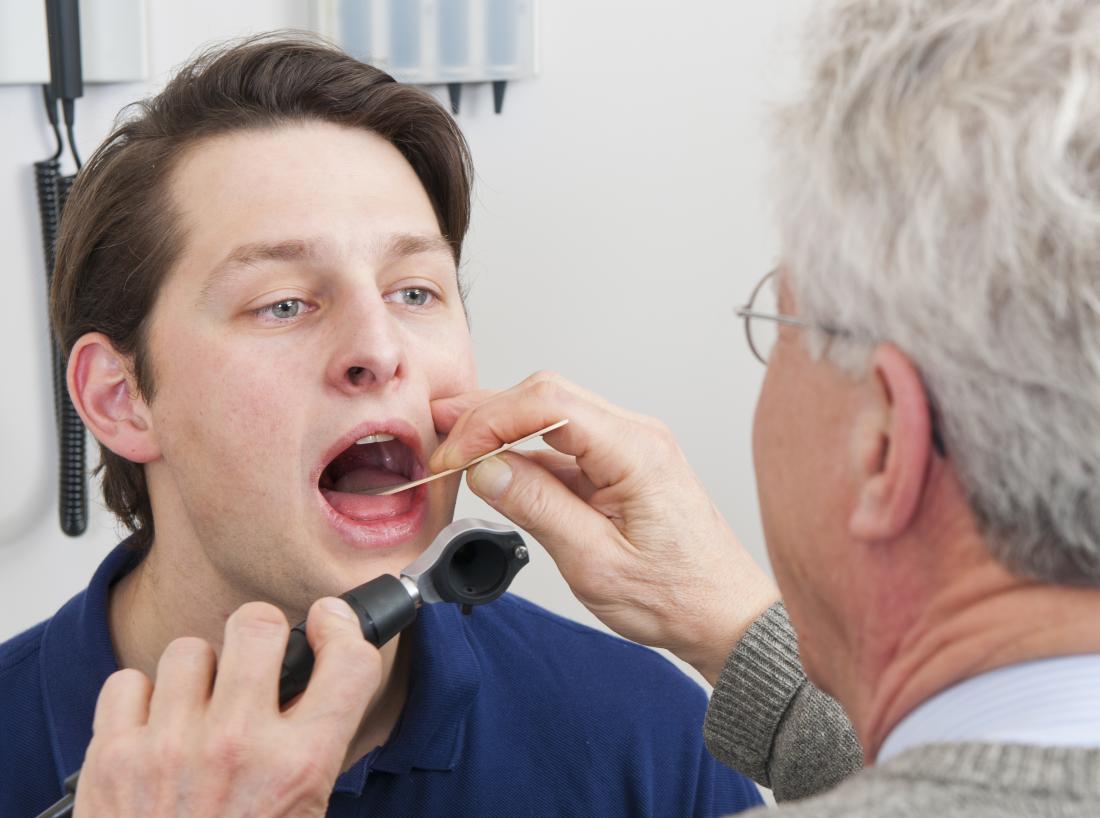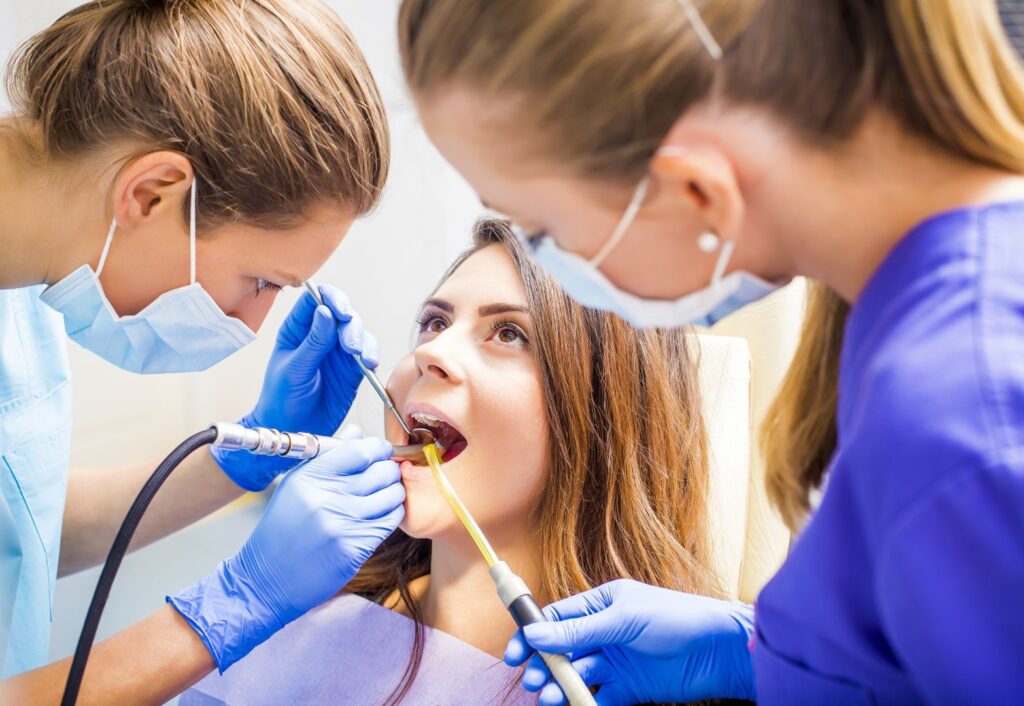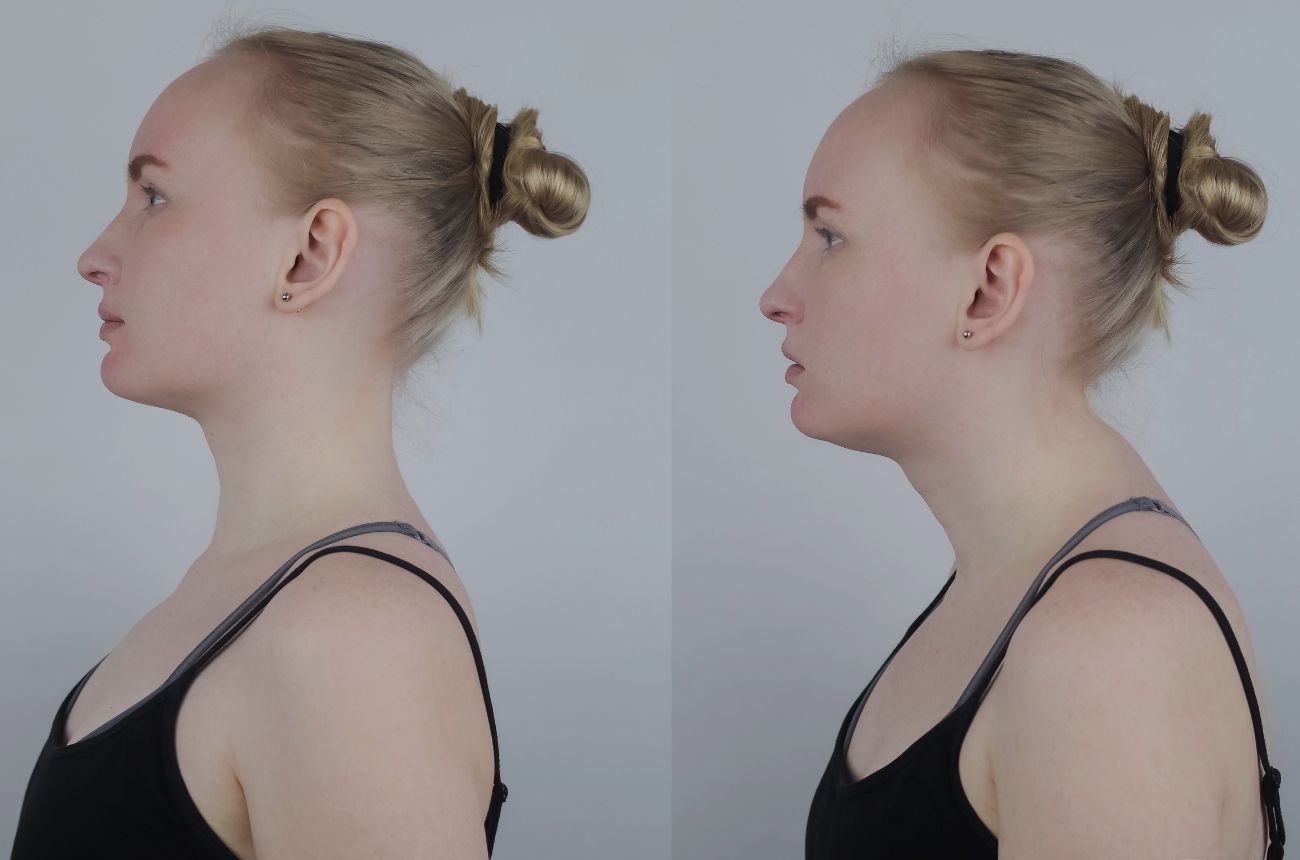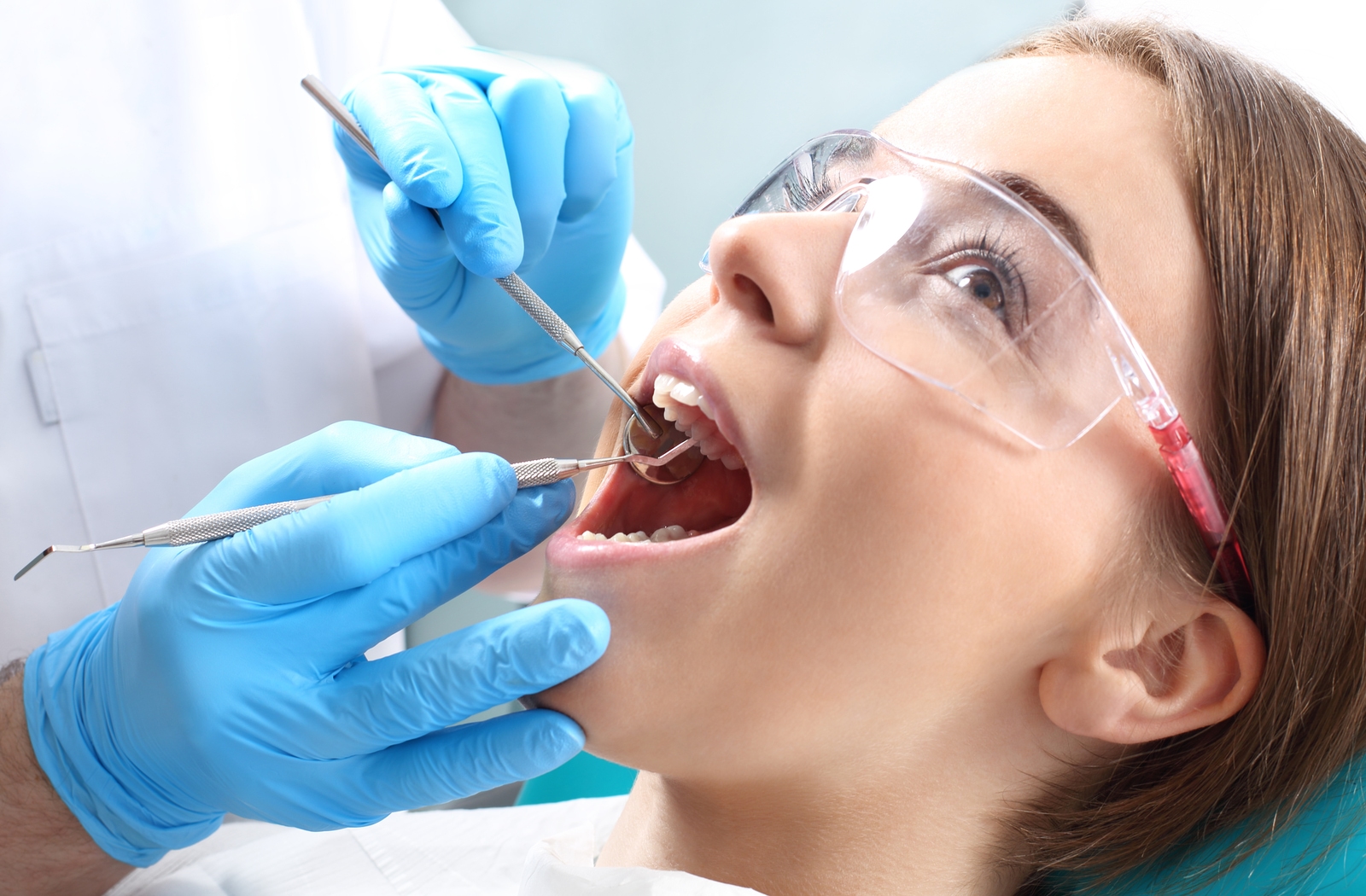Itchy Roof of Your Mouth: Unveiling the Culprit Behind the Scratch
An itchy roof of your mouth, also known as the palate, can be an irritating and bothersome sensation. Discomfort in this area can disrupt your daily activities and make eating or talking uncomfortable. This comprehensive guide explores the common causes of an itchy palate, offering tips for identifying the culprit and finding relief.
A Multitude of Reasons: Unveiling the Root of the Itch
Several factors can contribute to an itchy roof of your mouth:
-
Allergies: Food allergies, allergies to airborne allergens like pollen or dust mites, and even allergies to latex (sometimes found in dental materials) can manifest as an itchy mouth and palate. You might also experience additional allergy symptoms like sneezing, runny nose, watery eyes, or trouble breathing.
-
Dry Mouth: Reduced saliva production can lead to a dry and itchy mouth. Certain medications, dehydration, and medical conditions like Sjogren’s syndrome can contribute to dry mouth.
-
Oral Thrush: A fungal infection called oral thrush can cause white patches to develop on the tongue and inner cheeks, sometimes spreading to the palate. These patches can be itchy and uncomfortable.
-
Irritant Dermatitis: Exposure to irritants like certain mouthwashes, toothpaste ingredients, or spicy foods can irritate the delicate tissues of the palate, leading to itching.
-
Habitual Behaviors: Habits like chronic lip or cheek biting, or even tongue thrusting, can irritate the tissues of the palate and cause itching.
-
Stress and Anxiety: Stress and anxiety can manifest in various physical symptoms, including an itchy mouth and palate.
Clues for Identification: Distinguishing the Cause
Here are some pointers to help identify the cause of your itchy palate:
- Onset and Duration: Did the itch develop suddenly after eating a particular food (food allergy), or has it been a gradual onset (dry mouth)?
- Accompanying Symptoms: Are you experiencing other allergy symptoms (runny nose, sneezing), or do you have white patches in your mouth (oral thrush)?
- Recent Changes: Have you recently started a new medication (dry mouth side effect), changed your toothpaste brand (irritant dermatitis), or experienced significant stress?
If you’re unsure about the cause of your itchy palate, consulting a healthcare professional is crucial for proper diagnosis and treatment.
Soothing the Scratch: Strategies for Relief
Here are some strategies to find relief from an itchy palate depending on the cause:
- Allergies: If allergies are the culprit, identifying and avoiding the trigger is essential. Your doctor might also recommend antihistamines to manage allergy symptoms.
- Dry Mouth: Staying hydrated by drinking plenty of water throughout the day can help alleviate dryness. Sugar-free lozenges or gum can stimulate saliva production. Your dentist might also recommend artificial saliva products.
- Oral Thrush: Antifungal medications prescribed by your doctor are typically effective in treating oral thrush.
- Irritant Dermatitis: Identifying and eliminating the irritant is key. Consider switching to a hypoallergenic toothpaste and mouthwash.
- Habitual Behaviors: Breaking habits like lip or cheek biting can help reduce irritation. Techniques like relaxation exercises can help manage stress-related itching.
Preventing the Itch: Proactive Measures for a Comfortable Palate
Here are some tips to prevent future episodes of an itchy palate:
- Maintain Oral Hygiene: Brushing your teeth twice daily and flossing once a day removes food particles and bacteria that can contribute to irritation.
- Stay Hydrated: Drinking plenty of water throughout the day keeps your mouth moist and prevents dryness.
- Manage Allergies: If you have allergies, consult your doctor about allergy medications or immunotherapy to manage symptoms.
- Minimize Stress: Stress management techniques like yoga or meditation can help reduce overall anxiety and its physical manifestations like an itchy mouth.
- Schedule Regular Dental Checkups: Regular dental checkups allow your dentist to identify and address any potential oral health issues that might contribute to an itchy palate.
Frequently Asked Questions (FAQ)
Q: Can certain medications cause an itchy mouth?
- A: Yes, some medications like antihistamines (ironically) or antidepressants can cause dry mouth as a side effect, leading to an itchy palate. Consult your doctor if you suspect medication-induced dry mouth.
Q: When should I see a doctor about an itchy palate?
- A: If the itching is severe, persistent (lasting more than a week), accompanied by other concerning symptoms like white patches in your mouth or difficulty breathing, consult your doctor or dentist to rule out any underlying conditions.




